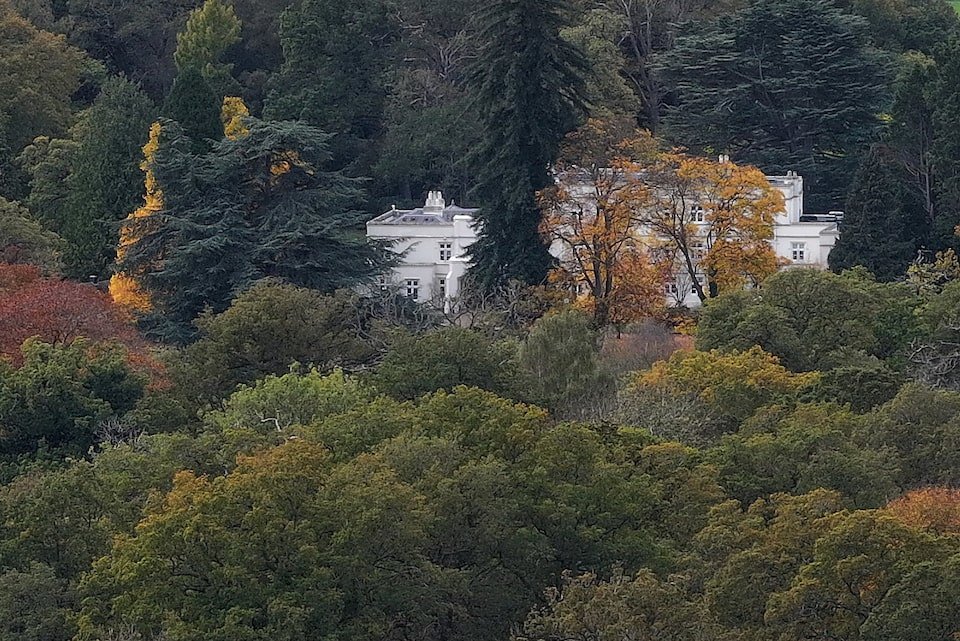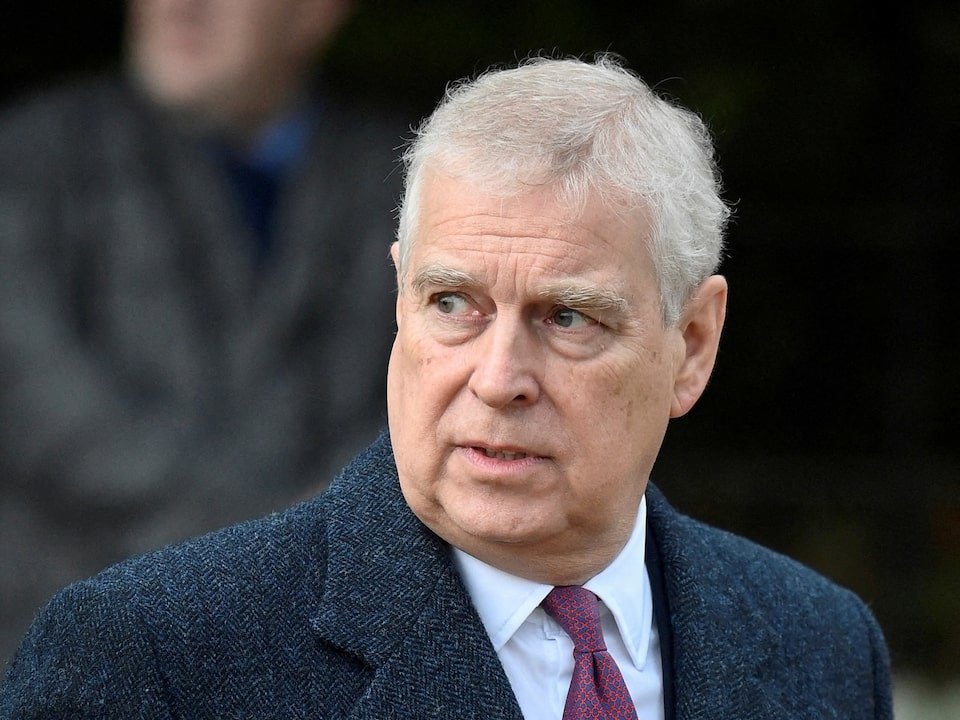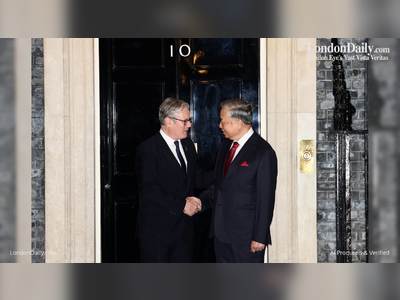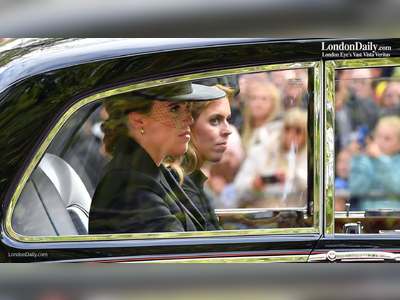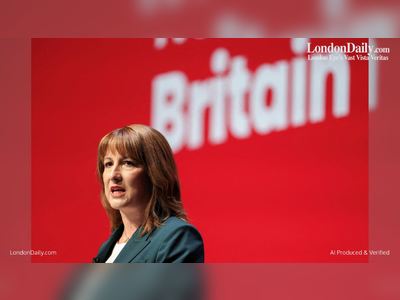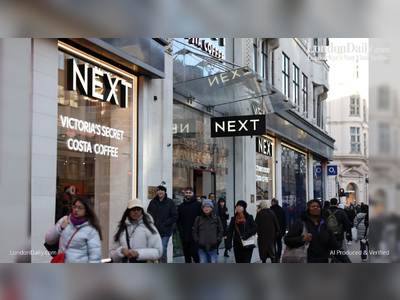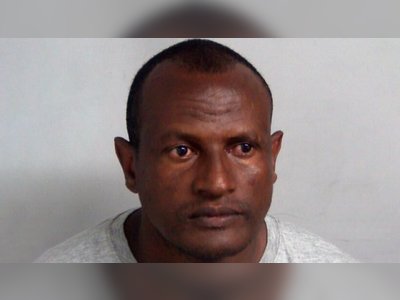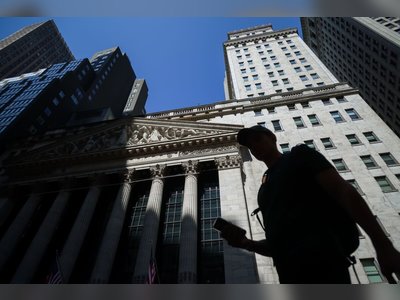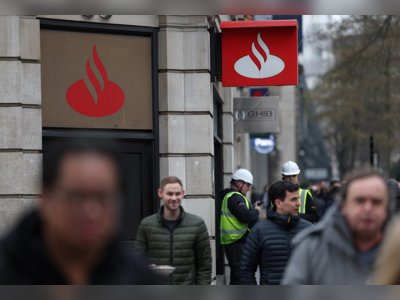UK Parliament Demands Review of Prince Andrew’s Royal Lodge Lease Amid Public Spending Concerns
Public Accounts Committee seeks explanations from Crown Estate and Treasury over rent-free mansion arrangement for non-working royal
Members of the UK Parliament’s cross-party Public Accounts Committee have formally written to the Crown Estate and the Treasury requesting detailed information about the lease arrangement that allows Prince Andrew to reside at the 30-room Royal Lodge on the Windsor Estate until 2078. The committee said it expects a response “at the earliest possible date” and has set a deadline of 28 November.
The property, leased in 2003, included a one-off payment of £1 million and about £7.5 million in renovation costs, but the lease allows ongoing rent of “one peppercorn (if demanded)”.
According to public-lease documents, the prince has effectively paid no meaningful annual rent for more than two decades.
In its letter the committee raised a number of issues: whether the minimal rent charge remains justified given Prince Andrew’s status as a non-working royal; whether the lease represented value for money for taxpayers given that profits from the Crown Estate accrue to the Treasury; and what the financial implications would be if the prince surrendered the lease, including compensation obligations estimated at over £550,000 plus annual sums until 2028.
The move represents a rare instance of parliamentary scrutiny directed at the living arrangements of a senior royal, in part driven by the heightened public and political attention on Prince Andrew’s financial affairs and associations.
Prime Minister Keir Starmer has indicated his support for “proper scrutiny” of Crown properties, signalling that the matter has broader implications for transparency in public-estate management.
While the lease was originally justified on the basis that the property could not easily be let commercially because of security requirements, the committee is now questioning whether that rationale still holds.
Conservative MP Geoffrey Clifton‑Brown, chairman of the committee, said the body takes its duty “to uphold value for money for taxpayers” very seriously.
With public debate intensifying and legislation proposed to allow the monarch or Parliament to revoke royal titles, the scrutiny over Royal Lodge is set to continue.
The Crown Estate and Treasury have yet to respond publicly to the committee’s requests.
Parliamentary time is now set aside for potential debate, though government controls on scheduling mean timing remains uncertain.
The property, leased in 2003, included a one-off payment of £1 million and about £7.5 million in renovation costs, but the lease allows ongoing rent of “one peppercorn (if demanded)”.
According to public-lease documents, the prince has effectively paid no meaningful annual rent for more than two decades.
In its letter the committee raised a number of issues: whether the minimal rent charge remains justified given Prince Andrew’s status as a non-working royal; whether the lease represented value for money for taxpayers given that profits from the Crown Estate accrue to the Treasury; and what the financial implications would be if the prince surrendered the lease, including compensation obligations estimated at over £550,000 plus annual sums until 2028.
The move represents a rare instance of parliamentary scrutiny directed at the living arrangements of a senior royal, in part driven by the heightened public and political attention on Prince Andrew’s financial affairs and associations.
Prime Minister Keir Starmer has indicated his support for “proper scrutiny” of Crown properties, signalling that the matter has broader implications for transparency in public-estate management.
While the lease was originally justified on the basis that the property could not easily be let commercially because of security requirements, the committee is now questioning whether that rationale still holds.
Conservative MP Geoffrey Clifton‑Brown, chairman of the committee, said the body takes its duty “to uphold value for money for taxpayers” very seriously.
With public debate intensifying and legislation proposed to allow the monarch or Parliament to revoke royal titles, the scrutiny over Royal Lodge is set to continue.
The Crown Estate and Treasury have yet to respond publicly to the committee’s requests.
Parliamentary time is now set aside for potential debate, though government controls on scheduling mean timing remains uncertain.
